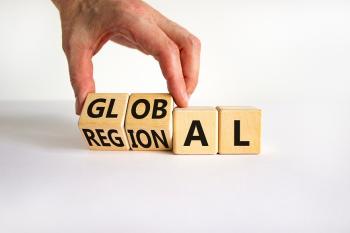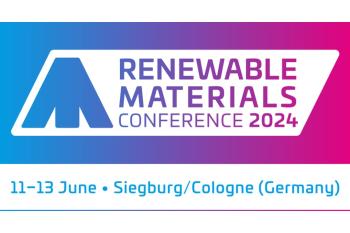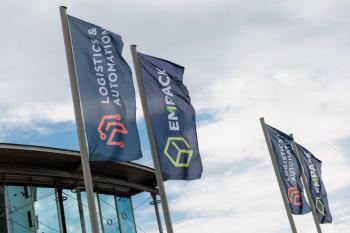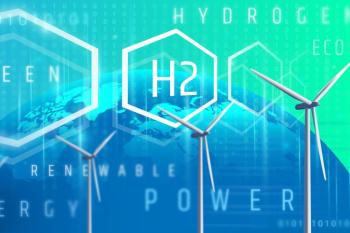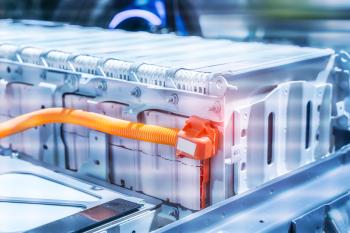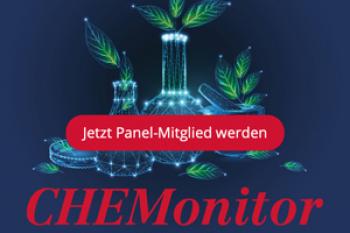Expert Statement: Matthias Braun, Sanofi-Aventis Germany
CO2-Neutral Chemical Industry - The Challenge of an Industry Transformation
Germany, as one of the major chemical manufacturing nations, has committed to achieve this goal by 2050. But companies need to translate this industry vision into their specific context.
System changes of the scale of CO2 neutrality for a whole industry sector require a new mindset. Major transformations command long lead times and require consistent and persistent follow-through. It is all but clear whether enough value is created to justify the huge investments and how new value generated is distributed among critical players and investors.
CHEManager asked executives and industry experts to share their opinions on this industry transformation, which is a multi-stakeholder challenge and comprises economical, technical, societal and political aspects. We proposed to discuss the following aspects:
- What is your strategy / timeline to become carbon neutral and what are the key challenges on the path to achieve this goal?
- What political / regulatory measures are needed to encourage companies to invest in carbon neutral technologies?
- What economical / societal benefits do you expect or hope for by decarbonizing your business?
- How do you plan to involve external stakeholders critical for achieving CO2 neutrality?
Matthias Braun: Immediate coal phase-out, higher industrial electricity costs, binding targets — the demands in the discussion about more climate protection and a CO2-neutral industry are diverse and occasionally exempt from all constraints. One can wish for a lot, demand even more — but one should also keep in mind a sensible and, above all, technically feasible implementation. Actionism does not help here. For we need both — climate protection and an economy that can hold its own in global competition. As a country poor in raw materials, Germany is dependent on a functioning industry that secures jobs and creates the prosperity that is necessary for an energy transition.
An energy transition cannot be achieved at zero. The central question is, what do we have to do, and can we do it?
The European Commission‘s Green Deal has set the goal of making the EU greenhouse-gas-neutral by 2050. At Sanofi, we will achieve this: We have set the goal of meeting our primary energy needs only from renewable sources by 2030 at the latest — and to be completely climate neutral by 2050. But one should not forget: What is a growth strategy from the EU‘s point of view is a major challenge for the chemical and pharmaceutical industry. For example, how do you make climate-neutral „green“ steam, which as an energy supplier is crucial for production and operations? We will still have to find answers to such questions!
It is true that the deal contains the opportunity to strengthen Europe‘s competitiveness through new business models and technical innovations. But the Green Deal must become a Sustainable Deal that is implemented with a sense of proportion. For example, competitive electricity prices are essential for the switch to renewable energies and climate-friendly technologies.
Sanofi naturally supports ambitious and effective climate protection in Germany, the EU and worldwide. This must be implemented consistently. If not, there is a threat of relocation of production with negative effects. That benefits no one — and least of all the climate. So, isolated European solutions or even ideological considerations will not lead to the goal. Instead, it must be a matter of investing in research and improving existing concepts. Because we want to continue to be part of a modern, forward-looking society. That is why we are consistently pursuing our path towards climate neutrality.



